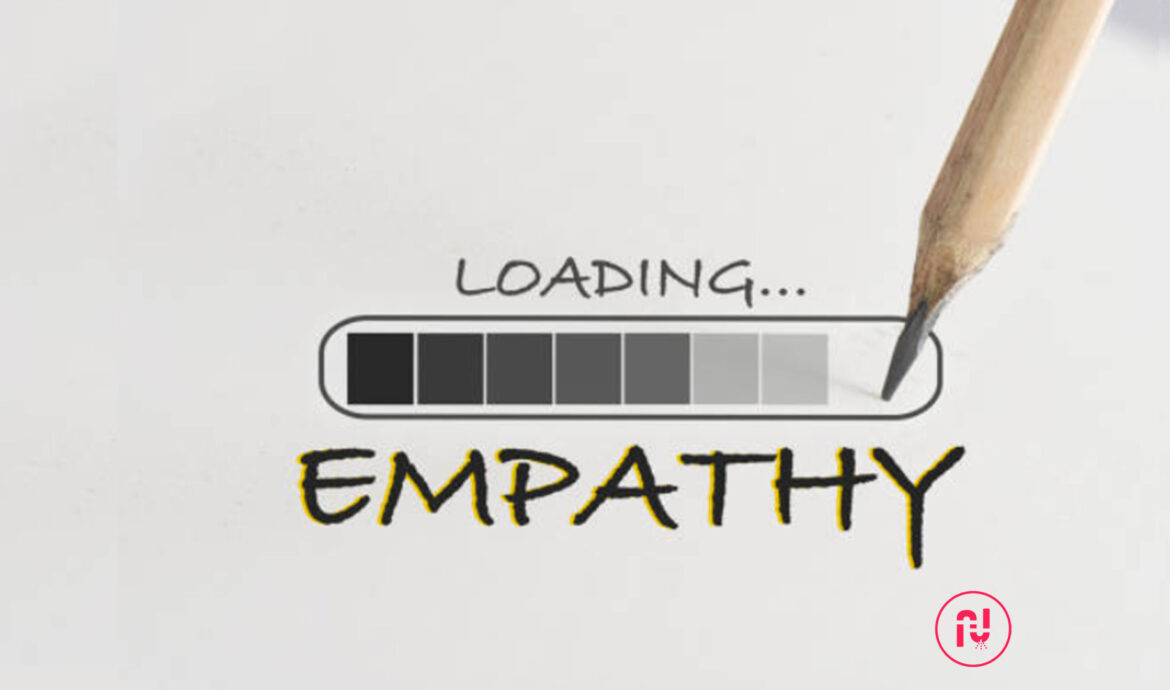In the fast-paced and dynamic world of professional environments, one often hears about the importance of skills like leadership, communication, and adaptability. While these skills undoubtedly contribute to success, there is one often underestimated quality that serves as the linchpin for a thriving workplace – empathy.
Empathy, the ability to understand and share the feelings of others, is a crucial skill in any work environment. Its importance lies in fostering positive relationships, effective communication, and overall team success. In the professional realm, empathy serves as a cornerstone for building strong connections between colleagues, superiors, and subordinates.
Empathy
The Power of Understanding
Empathy, the ability to understand and share the feelings of others, is not merely a soft skill but a cornerstone for building robust professional relationships. It operates as the glue that binds colleagues, superiors, and subordinates into a cohesive unit. Picture a workplace where individuals not only comprehend their own emotions but also tune into the sentiments of those around them. This is the fertile ground where teamwork flourishes.
Empathy in Action: A Catalyst for Collaboration
Teamwork is the backbone of any successful organization. Empathy acts as a catalyst for effective collaboration by fostering a deep understanding of diverse perspectives. When team members truly grasp each other’s viewpoints and emotions, the collective intelligence of the team is unleashed. The result? Innovative solutions, smoother workflows, and a positive work environment where everyone feels valued.
Communication Redefined
Communication is more than words; it’s about connection. Empathy transforms communication by enabling individuals to tailor their messages to resonate with the varied personalities and working styles within a team. This skill doesn’t just minimize misunderstandings; it cultivates a culture of open dialogue where every voice is heard and every perspective considered.
The Empathetic Leader
Leadership, at its core, is about guiding and inspiring a team. An empathetic leader goes beyond the surface, delving into the emotions and aspirations of their team members. This understanding allows for decisions that prioritize the well-being of the entire team, creating a positive and motivating work environment. When leaders genuinely care, employees respond with increased engagement and commitment.
Conflict as an Opportunity
Conflicts are inevitable in any workplace, but empathy transforms them from stumbling blocks into stepping stones for growth. By acknowledging and understanding the feelings of those involved, conflicts can be addressed with sensitivity. This empathetic approach fosters resolutions that not only solve immediate issues but also strengthen relationships within the team.
Empathy as a Professional Imperative
In a world where collaboration, communication, and positive relationships are paramount, empathy emerges as a professional imperative. It is not just a desirable quality; it is the secret sauce that fuels a flourishing workplace. As organizations strive for success in an interconnected and diverse landscape, nurturing empathy is not just a choice; it is a strategic decision that propels individuals and teams toward unparalleled heights of achievement.
In conclusion, empathy is not just a soft skill; it is a fundamental aspect of creating a healthy and productive work environment. It builds bridges between individuals, promotes effective communication, and enhances overall team dynamics. In a world where collaboration and understanding are essential for success, cultivating empathy in the workplace is not just beneficial; it is imperative for fostering a positive and thriving professional community.
Thanks for reading! If you enjoyed this post, be sure to check out my blog http://ujaike.com/blog/ for more articles like this one. You can also connect with me on social media for more content and updates.
Many thanks for your support!

